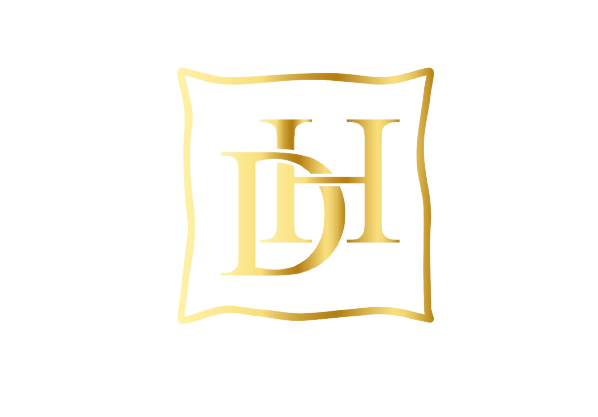Enterprise Consultant vs. Enterprise Coach: What’s the Distinction?
While each professions intention to improve enterprise performance and assist purchasers in achieving their goals, they differ significantly in their approaches, focus areas, and the character of their engagements. Understanding these distinctions is crucial for companies seeking to leverage external expertise effectively. Let’s delve into the nuances of each function to make clear their differences.
Business Consultant: Strategic Expertise for Specific Goals
A business consultant is typically hired to provide professional advice and specialised knowledge in a particular space of business. Consultants are hired for their strategic insights, problem-fixing abilities, and deep business knowledge. They typically work on specific projects or initiatives, akin to market research, organizational restructuring, or implementing new technologies. Consultants are known for their ability to analyze complicated situations, identify inefficiencies, and recommend motionable solutions.
The role of a business consultant is results-oriented and project-based. Clients hire consultants to tackle specific challenges or capitalize on opportunities that require exterior expertise. Consultants might work independently or as part of a consulting firm, bringing a wealth of experience and a fresh perspective to the table. They are anticipated to deliver tangible outcomes within a defined timeframe, making their engagements highly centered and goal-driven.
Consultants typically follow a structured approach that includes conducting research, gathering data, analyzing findings, and presenting recommendations. They may even be concerned in the implementation part to ensure that their recommendations are efficiently put into practice. This palms-on containment distinguishes consultants as active participants in driving change within organizations.
Business Coach: Personal Development and Skill Enhancement
In distinction, a enterprise coach focuses on the personal and professional development of individuals within an organization. Business coaching is geared towards enhancing leadership skills, improving performance, and fostering personal growth. Coaches work closely with their clients to make clear goals, establish obstacles, and develop strategies for overcoming challenges.
The primary function of a enterprise coach is to facilitate learning and self-discovery. They provide steering, help, and encouragement to help clients unlock their full potential and achieve their objectives. Unlike consultants, coaches don’t typically provide specific options or advice. Instead, they ask probing questions, offer different views, and challenge shoppers to think critically about their actions and decisions.
Enterprise coaching interactments are often long-term and relationship-driven. Coaches build trust and rapport with their clients, creating a safe space for open dialogue and reflection. Through active listening and empathetic understanding, coaches help clients gain clarity, build confidence, and take decisive actions towards their goals.
Coaching periods may cover a wide range of topics, including leadership development, communication skills, time management, and emotional intelligence. Coaches tailor their approach to meet the unique needs and preferences of every shopper, fostering a supportive environment for steady learning and improvement.
Key Variations and Complementary Roles
The distinction between enterprise consultants and enterprise coaches lies in their focus, methodology, and scope of interactment:
Focus: Consultants focus on fixing specific enterprise problems or achieving predefined objectives via knowledgeable analysis and strategic recommendations. Coaches concentrate on individual development, skill development, and personal transformation to enhance overall effectiveness.
Methodology: Consultants use a structured approach involving data analysis, problem-solving frameworks, and project management techniques. Coaches employ a more fluid and adaptive methodology centered around active listening, highly effective questioning, and goal setting.
Scope: Consulting have interactionments are often brief-term and project-specific, with a clear deliverable or outcome. Coaching relationships are longer-term, emphasizing ongoing development, accountability, and sustainable behavioral change.
While consultants and coaches serve distinct purposes, their roles may be complementary within a corporation’s broader strategy for development and development. For example, a consultant may be introduced in to restructure operations and improve efficiency, while a coach works with executives to enhance leadership skills and team dynamics.
In conclusion, understanding the distinction between business consultants and enterprise coaches is essential for companies seeking exterior help to navigate challenges and achieve success. By leveraging the expertise of consultants for strategic initiatives and the steering of coaches for personal and professional development, organizations can build a resilient and high-performing workforce poised for long-term success in at the moment’s competitive landscape.
If you have any kind of concerns relating to where and ways to use marketing consultancy sydney, you could call us at the web site.
